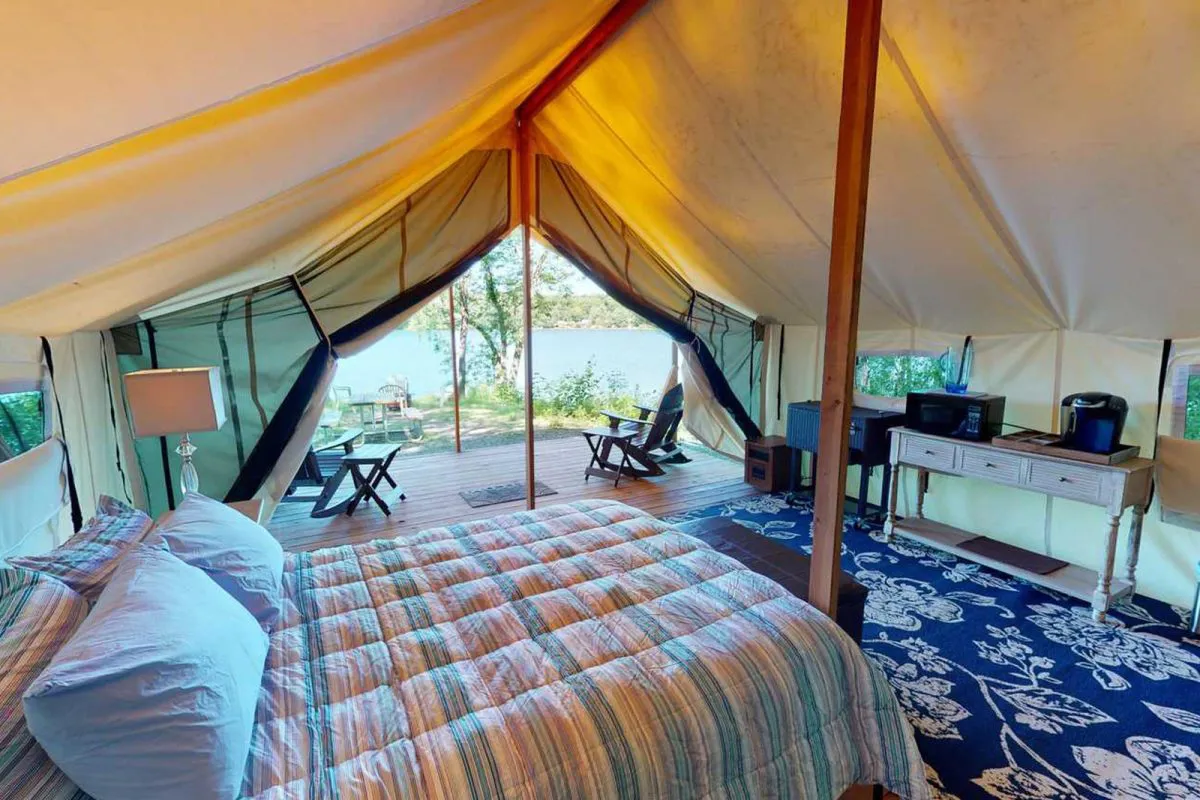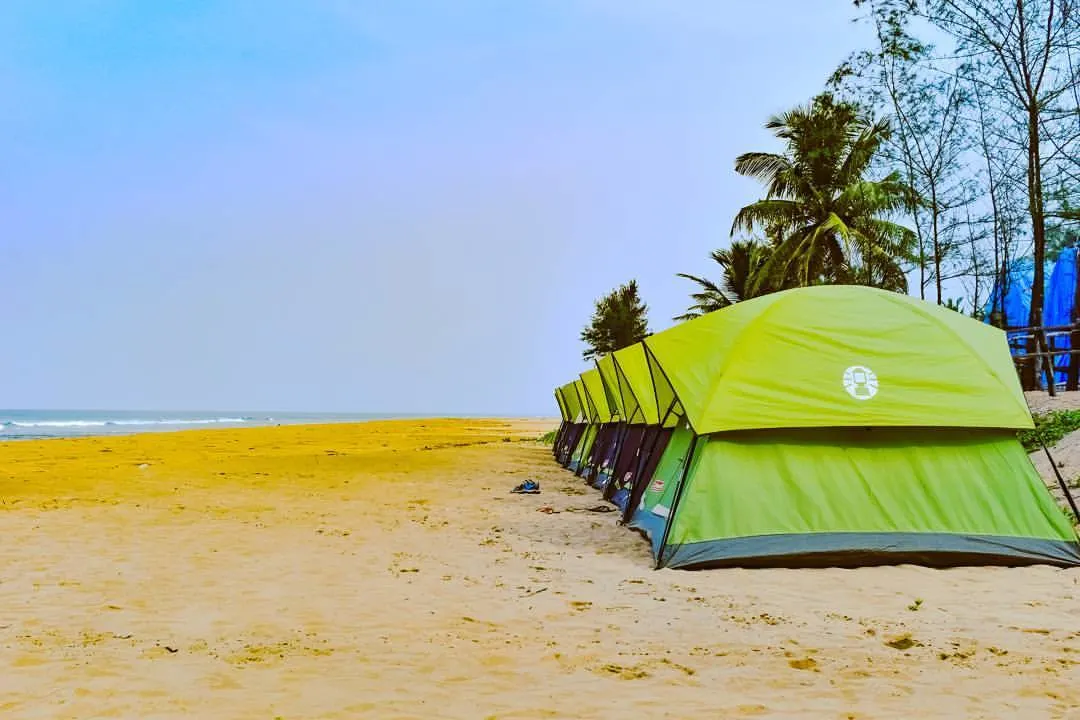Relax and Enjoy the Ocean With a Beach Camping Tent
Beach camping is one of the most peaceful and memorable ways to spend a few days by the ocean. Sleeping with waves crashing on shore, awakening with gulls cawing in the morning, or gazing upon starry skies is all part of an unforgettable experience.
But it’s essential to stay safe when camping on the beach. Stick with these three tips and you’ll be all set!
Camping on the sand
Beach camping is one of the best ways to unwind and take in nature. It also serves as an escape from daily life’s stresses.
Beaches are delicate ecosystems, so it is essential to respect them. For instance, refrain from dumped waste into the water or washing your hands in it.
Before going beach camping, be sure to check the tides and confirm that camping is allowed there. In some parts of the world, high tides can range up to 50ft (15m), so knowing precisely where your high-tide line is essential.
Camping in the middle of the beach
Beach camping is an idyllic way to connect with nature without all the hustle and bustle of urban living. Not only does it get you away from technology, improving your brain health, but it can also serve as a major mood enhancer.
Camping on the sand offers you stunning views of the sun setting or rising over the water. However, to make the most out of your beach camping experience, try finding a spot with some shade from the sun.
As with most outdoor activities, it’s essential to be prepared and have the appropriate gear. A flashlight and good night-light are must-haves for beach camping. Additionally, don’t forget about bug spray and a duster or dustpan to clean up any stray sand that you may come across.
Camping near the water
Camping near the water is an amazing opportunity to connect with nature and spend quality time with friends or family. It also provides a chance for relaxation, helping you to escape the stresses of everyday life.
Research has demonstrated that being near water can have beneficial effects on your health, particularly when combined with exercise such as hiking or biking.
Shorelines draw visitors for their scenic beauty, natural qualities, opportunities to observe wildlife and explore riparian settings, fishing, and swimming. However, land managers face challenges in providing high-quality recreation experiences while safeguarding natural and cultural resources.
Camping on the beach with a tent
Beach camping can be an ideal way to spend quality time on the shore without breaking your budget like camping at a campground would require. But to make the most of this experience, you’ll need the right tent for your needs and budget.
One of the primary functions of a beach tent is to shield you from the sun’s rays. A quality tent should be made with materials that filter UV rays and prevent them from damaging your skin.
When choosing a beach tent, you should also take into account its ability to protect you from rain. Canvas tents may not be waterproof, but thicker material with waterproofed seams and joints will help keep water out.
A good beach tent should provide some wind protection as well. If the wind is particularly strong, anchor the tent using sandbags or stakes; this is best done before any beach activities take place.
Camping on the beach with an RV
If you’re planning a beach camping trip or simply want to stay closer to the ocean, an RV is an ideal solution. Many campgrounds provide paved RV sites with direct access to the water’s edge.
When camping at the beach, it’s essential to be prepared for all weather conditions. Be sure to bring extra swimsuits and rash guards for protection on your skin.
You can also bring a clothesline with you to hang up your towels and swimsuits.
If you’re staying at a beach campground for an extended period, make sure to regularly wash your RV. Sand, salty air and harsh UV rays can damage the exterior of your vehicle.












